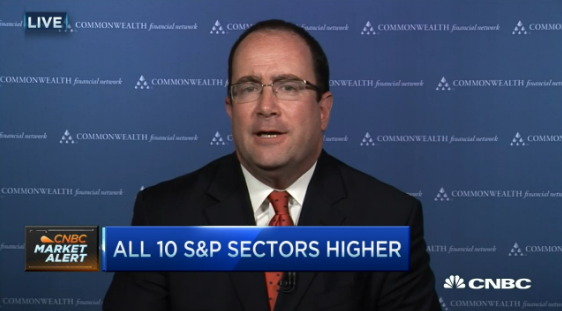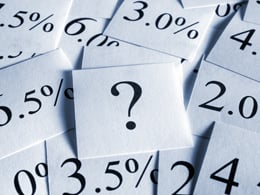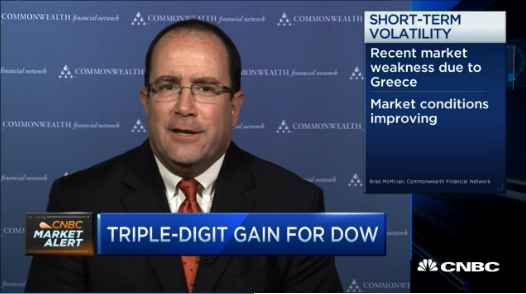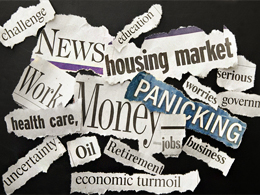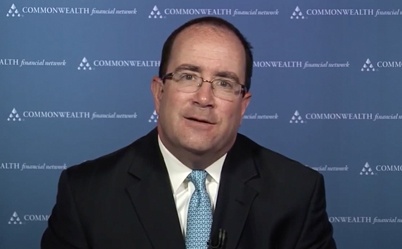Both Greece and yesterday’s Federal Reserve meeting are in the news today, but nothing particularly new or significant is happening in either case. The Fed will or won’t raise rates in September, and Greece will or won’t default at the end of the month. There’s not much else to discuss right now.
Instead, let’s raise our eyes a bit and look at the big picture. The ongoing narrative about the U.S. economy is that it continues to struggle, and the future is uncertain. I’m becoming increasingly dissatisfied with that view, as it doesn’t capture the good news and trends we’re now seeing.










